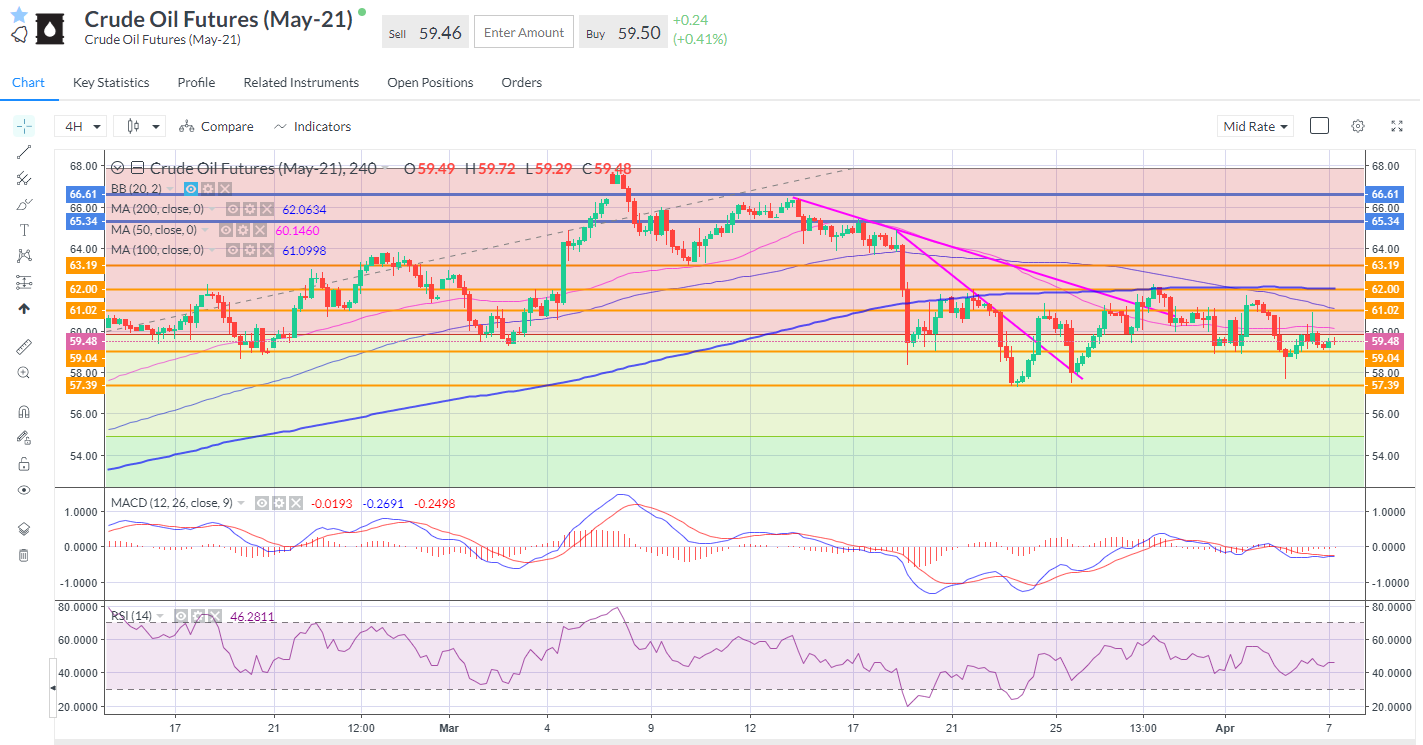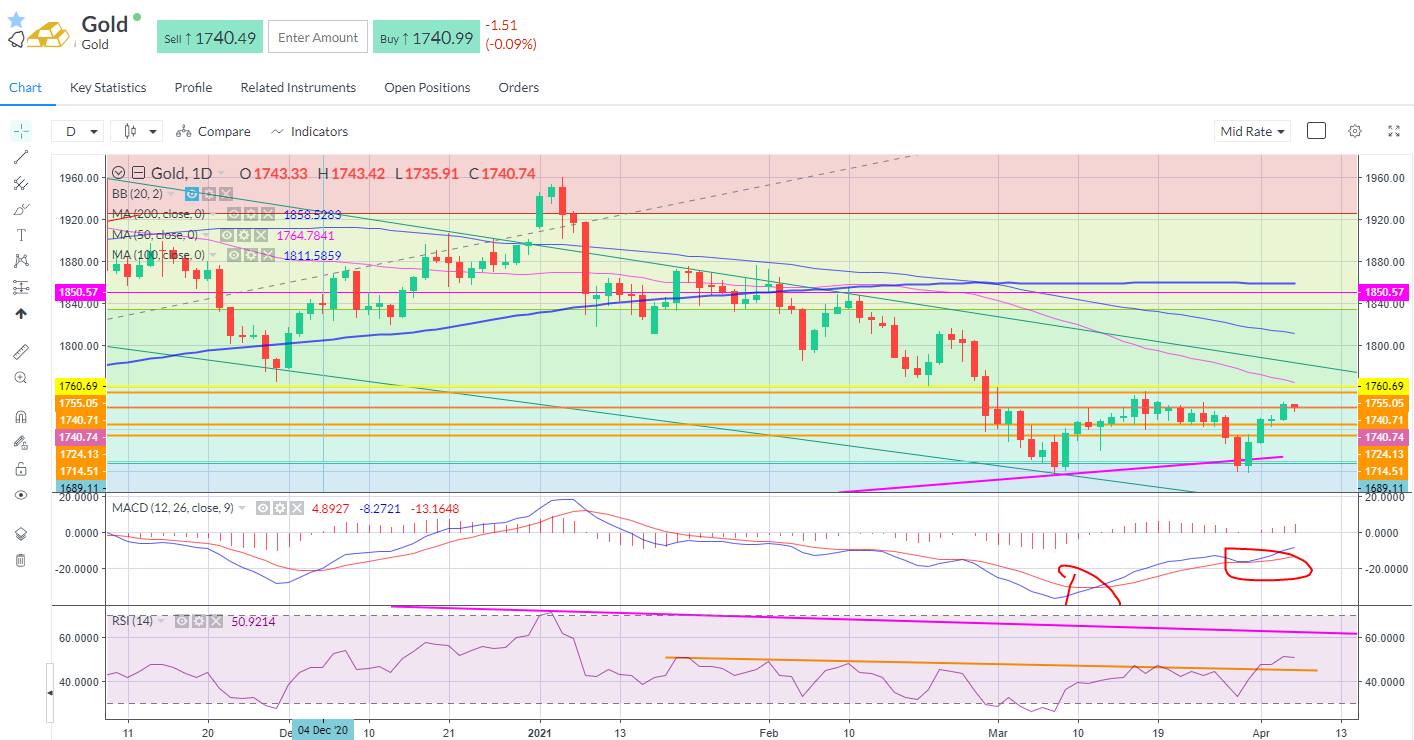Deliveroo shares edged higher at the start of unrestricted trading as investors shrugged off the stock’s dreadful start to life as a public company. There were fears the 70,000 retail customers who had participated in the float would take the opportunity to offload, but investors are holding the line for the time being. Having tumbled 26% on day one, the first day of unrestricted trading saw the stock climb 3% to £2.88. I’m not sure if this is a vote of confidence or a case of averaging in, but it’s no doubt a big relief to management and the bankers involved that the retail army has not routed at the first sound of gunfire. Given the wipe-out that has already taken place, I think a lot of investors will simply think that it cannot go any lower and it’s worth holding on for a better price. Cutting losers is harder than letting winners run. It comes as hundreds of Deliveroo riders prepare to strike over pay and conditions. The walkout underlines the regulatory risk attached to the stock and the implied impact any Uber-like ruling could have on margins.
European stock markets are tentatively higher after a flat session on Wall Street, with the major US indices pulling back slightly from record highs. UK equities are leading the way this morning: The FTSE 100 rose 0.9% in the early part of the session to trade at its highest since the start of the year – 6,900 looks to be on. I’d still be confident that the discount in UK equities combined with a solid domestic and global outlook supports the investment thesis and the blue chips could be eyeing a pre-pandemic 7,700 by the end of the year. The FTSE 250 rose another 0.6% to trade above 22,129 and mark a new record intraday high. The mid-cap index is now up 8% since the start of the year and is on track to reflect the UK’s economic bounce back from the pandemic. UK domestic stocks have been buoyed by the rapid rollout of vaccines – Moderna (NASDAQ:MRNA) starts this week, adding to the positivity – and the implied resurgence in economic activity. And as I pointed out in my preview to 2021, UK equities were set to catch up as they entered 2021 trading at a large discount to European and US peers, but have yet to really achieve their full potential.
FOMC minutes tonight will one to watch. The minutes could help explain how the Fed plans to communicate future policy decisions and shed light on how some policymakers could change their view on monetary policy if inflation and growth does accelerate as expected this summer. Whilst Jay Powell has kept market speculation at bay, the minutes could allow participants to focus on when the Fed will tighten. As detailed after the meeting statement, it looks as though the Fed is happy to let the economy run hot and won’t intervene to cool it down. Even with growth in excess of 6.5% this year, 3% in 2022 and 2% in 2023; it still sees no need to tighten policy within the next almost three years. This reflects what we know already about the Fed’s view on employment and inflation and the new outcome-based regime focused on absolute employment levels, not on the Philip’s Curve. It also doesn’t really think the sharp bounce back this year is sustainable, meaning now is not the time to remove the punchbowl. US 10-year yields have retreated to under 1.64% - given the pullback from the recent highs there is a risk the market sees something in the minutes which signals it could tighten policy sooner than it is currently guiding.
Crude oil tried to pick up yesterday as the IMF raised its global growth forecasts and the API said inventories declined by 2.6m barrels last week. But the market remains sceptical for the time being about the demand recovery that OPEC is expecting and has used to justify pumping more barrels from May. OPEC+ have really taken a gamble on oil demand bouncing back this summer. The decision by the cartel and its allies to ease self-imposed production curbs helped push prices sharply lower on Monday but a softer dollar and stronger US and Chinese economic data, combined with the IMF forecasts, had eased the selling pressure yesterday. WTI bounced off lows a little under $58, though short of the key support at $57.40, but the rally fizzled at the $61 resistance. EIA figures today are expected to show a decline of 2m barrels. Last week’s inventory data showed American refiners processed the most oil since the start of the pandemic as US travel markers improve.

Gold rallied as yields cooled and the dollar continued to peel back from its recent highs, but the rally ran out of steam above $1,740 and showed little appetite to take out the mid-March high at $1,755. MACD and RSI still bullish.

